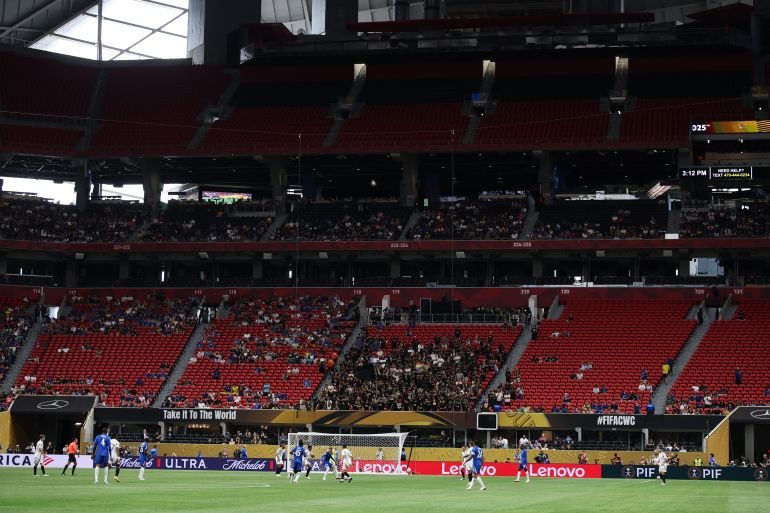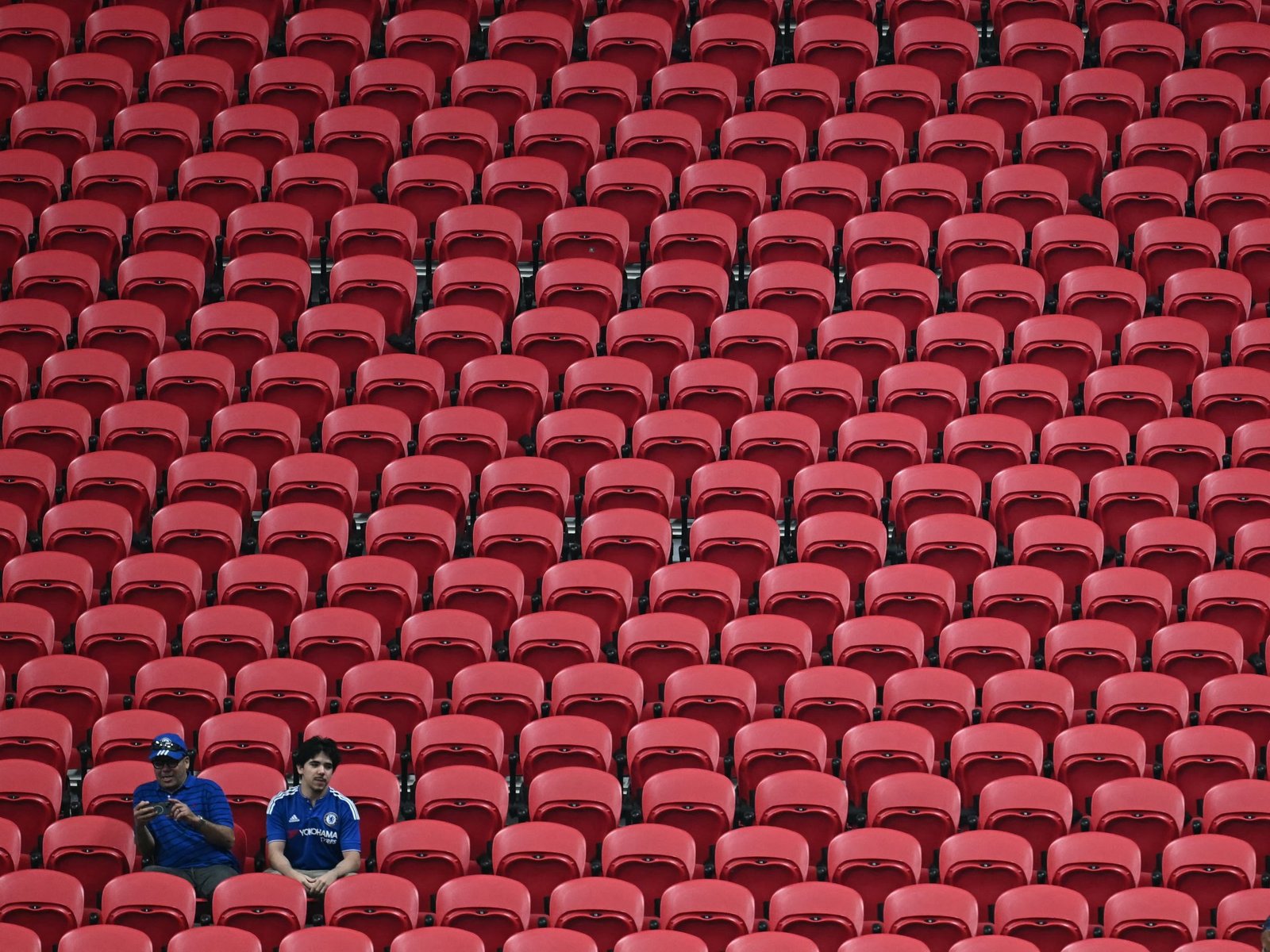The 2025 FIFA Club World Cup kicked off on Saturday, June 14, at the Hard Rock Stadium in Miami, a hub of excitement for football fans and celebrities alike. Lionel Messi, often considered the greatest player in history, showcased his exceptional skills while a host of football legends—including David Beckham, Ronaldo, Kaka, Bebeto, Roberto Baggio, and Javier Zanetti—observed from the VIP section.
Despite Messi’s attempt to galvanize Inter Miami in their match against Egypt’s Al Ahly, the game ended in a 0-0 stalemate. Nevertheless, thousands turned out to witness Messi’s leadership on the field, which many hoped might lead to a spectacle of goals for the local team.
Organizers, including FIFA President Gianni Infantino, expressed satisfaction with the tournament’s launch. They are optimistic about increased fan engagement and memorable moments as the Club World Cup unfolded.
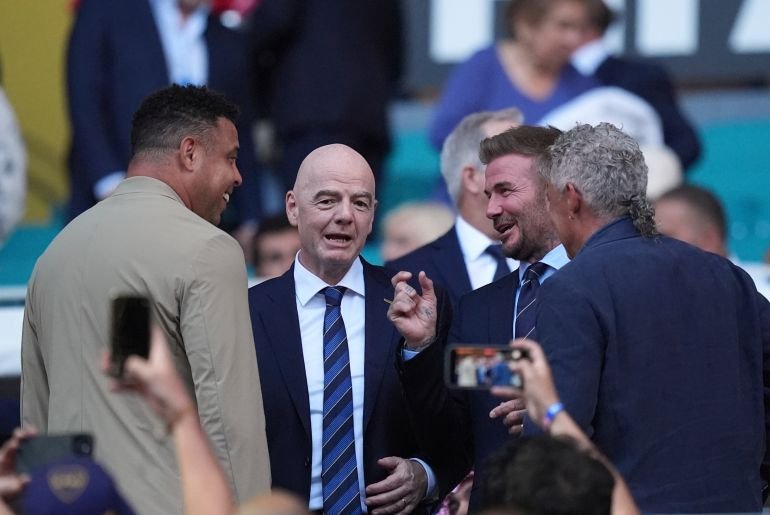
Infantino has earmarked this tournament as a personal agenda, aiming to attract prominent global figures to the U.S., a co-host for the anticipated 2026 FIFA World Cup. From inviting Messi’s Inter Miami to the last minute to attempting to recruit Cristiano Ronaldo to a competing club, Infantino has advocated for a $35 million increase to the prize money for the tournament champions, asserting that the Club World Cup is “the beginning of a transformative era for football.”
However, three days post-launch, criticisms regarding the event’s execution have started to surface, casting shadows over the renowned tournament, often promoted by FIFA as the pinnacle of club competition globally.
Challenging Match Scheduling and Player Fatigue
The tournament’s kickoffs, set at noon and 3 PM on sweltering summer days, present strenuous conditions for players, many of whom are recovering from grueling league and cup seasons. Teams from various regions, including the U.S., South America, and Oceania, have paused their regular seasons, complicating their adjustments after the Club World Cup concludes.
Criticism has been rampant from regional football organizations and players’ unions prior to the tournament’s start. FIFPRO voiced concerns, stating that the scheduling displayed “a lack of regard for the mental and physical health of players.” They further emphasized the heightened pressures at this elite level of the sport, noting significant risks including fatigue, injuries, and mental health issues.
The union called on FIFA for urgent measures to safeguard player well-being, but their pleas did not appear to affect FIFA’s scheduling decisions.
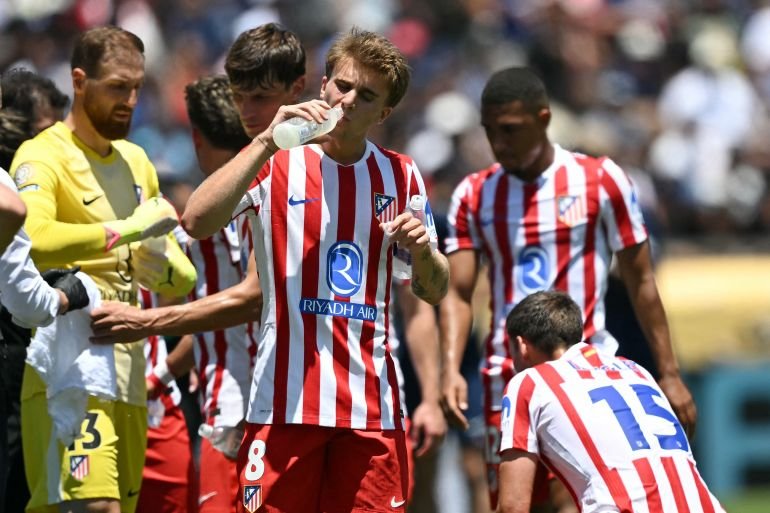
Disparities in Team Strength
Auckland City, boasting a squad of amateur players juggling full-time jobs, faced a daunting challenge against Bayern Munich, one of Europe’s top clubs, and suffered a staggering 10-0 defeat. Bayern struck four times in the first 21 minutes, making it clear that the game felt more like a training drill than a competitive matchup for the German giants. Coach Vincent Kompany referred to the upcoming clash with Boca Juniors as the actual focal point of this group stage.
The inequality was stark, with Auckland, rated 4,957th in global rankings, pitted against the likes of sixth-ranked Bayern Munich, 24th-ranked Benfica, and 131st-ranked Boca Juniors, illustrating the glaring gaps in competitive level.
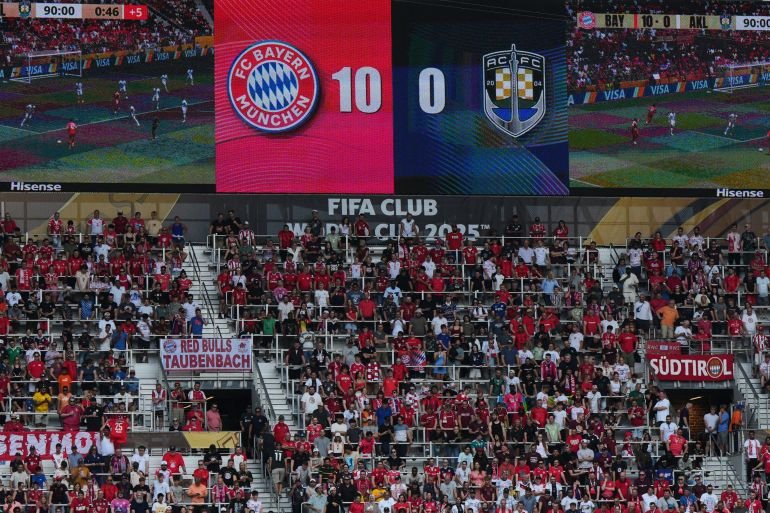
Sparse Attendance and Poor Ticket Sales
While the initial match featuring Messi drew large crowds in Miami, and the match between PSG and Atletico Madrid captivated around 80,000 fans at the renowned Rose Bowl, subsequent fixtures painted a different picture. On June 16, the encounter between Chelsea and LAFC at the Mercedes-Benz Stadium in Atlanta saw attendance drop to under a third of its capacity.
Despite LAFC typically packing their home venue and Chelsea boasting a dedicated following, the atmosphere in Atlanta was described as “a bit strange” by Chelsea manager Enzo Maresca, after the game wrapped up with only 22,137 attendees in a venue that can hold 71,000.
As the tournament progresses, 13 of the remaining 36 group-stage matches are scheduled for weekday afternoons, raising concerns about ticket sales and venue occupancy. Security protocols, including the presence of border patrol and the need for ID verification, may deter potential fans from attending.
